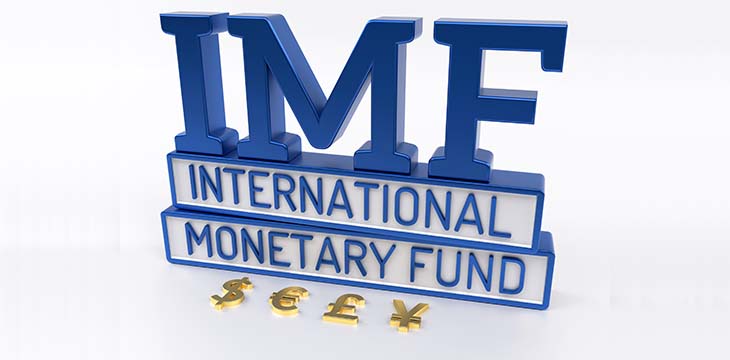|
Getting your Trinity Audio player ready...
|
The International Monetary Fund (IMF) has been studying digital assets and their risk to the economies of nation-states. In a new study, the international organization has now turned its attention to the environmental impact of distributed ledger technology (DLT).
In the study titled, “Digital Currencies and Energy Consumption,” the IMF examined the environmental impact of various blockchain network designs. It highlighted that while some kinds of blockchain networks have been improving the energy efficiency of payments infrastructure, others are highly energy inefficient.
According to the IMF, blockchain networks that use the proof-of-work (POW) consensus mechanism consume large amounts of energy. The report cites the Bitcoin network as the chief example of this. Bitcoin uses over 144 TWh of electricity per year, and scalability solutions have not been able to reduce its overall energy spending, it said.
In contrast, non-POW blockchains are magnitudes of scale more energy-efficient than Bitcoin and legacy payments systems. More efficiency is achieved when these non-POW blockchains are also permissioned, allowing control over their parameters.
Based on these findings, the IMF implored nation-states exploring the development of their CBDCs to look into using non-POW and permissioned designs for maximum energy efficiency.
“CBDCs could also be designed to use infrastructures that are less energy intensive than the current payment system. CBDCs that rely on non-PoW permissioned networks could harness the efficiency gains from those networks and from relying on digital means of payments,” it said.
It added that this is achievable as the innovation is still in its early stages and can be shaped easily. Other desirable features the IMF recommends for CBDCs to integrate from the onset include compliance, higher resilience, and offline capabilities.
The IMF is not alone in wanting to reduce DLT energy consumption
The IMF’s concerns about the energy consumption of POW blockchains and Bitcoin, in particular, are notably shared by the U.S. commodities market regulator, the Commodity Futures Trading Commission (CFTC). Forbes reports that the CFTC chair Rostin Behnam suggested ways of discouraging large amounts of energy from expending to maintain Bitcoin’s consensus mechanism.
Meanwhile, the IMF has also been on a campaign to encourage the development of CBDCs and shun digital currencies. In a recent consultation, the IMF advised the Bahamas, which is the first country to launch a CBDC, to deepen its education campaign for the platform.
In contrast, it warned of the increasing proliferation of private digital currencies in the country and the risk of their use in money laundering and terrorism financing. It issued a similar warning to Nigeria, which has also launched a CBDC.
Watch: The BSV Global Blockchain Convention panel, CBDCs and BSV
https://www.youtube.com/watch?v=ggbZ8YedpBE&t=28985s

 03-03-2026
03-03-2026 




